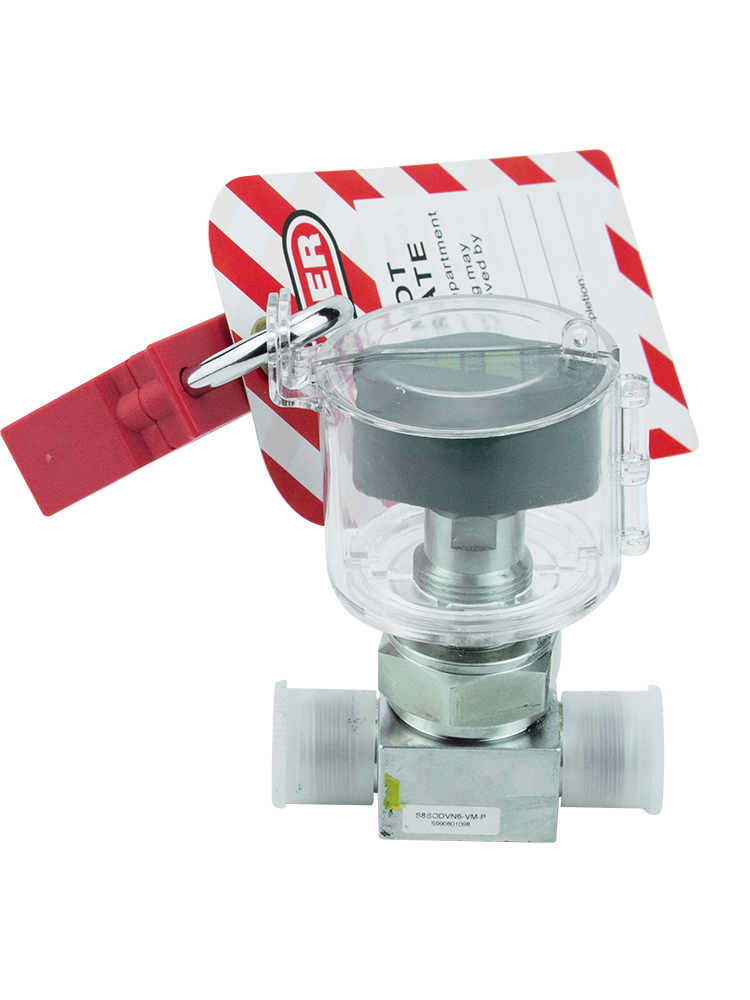Lockout Tagout accident case
The night shift was assigned to clean a mixing container. The shift leader asked the main operator to complete the "locking" work. The main operator Lockout and tagout the starter in the motor control center, and confirmed that the motor did not start by pressing the start button. He added a lock on the start/stop switch box near the container, and hung a warning sign saying "Danger -- Do not operate".
The shift leader then issued a permit to work in the restricted space, and two workers then entered the container to clean up. The following day shift requires a new restricted space permit. When they tested the start button on the start-stop switch box, the blender started up! The motor is not locked!
Lockout tagout is designed to prevent people from causing injuries due to related negligent actions,
Eliminate equipment, facilities in the use and maintenance of the accident hidden danger, so it is important to operate on the right equipment!
Will the lock open automatically? Apparently not.
In fact, I'm locking the wrong object. How can this happen when the initiator's label is the same as the blender's? Why did the blender not start when the start button was first tested?
A few months ago, the mixer's motor was replaced with a larger motor. This new motor requires a larger motor starter and rewiring. Considering that the factory might need this "old system" one day, the old system was not cancelled. Instead, a new start-stop box was installed next to the container, which was separated from the old start-stop box on the inside and outside of the column next to the container. When the main operator locked and tested the system, he was actually testing the old system that had been disabled, and the new system still had power!
What should be done?
Strictly implement the corresponding safety procedures. Don't cut corners and delegate your responsibilities to someone else.
Keep abreast of changes in your factory. Understand what changes have taken place and how they might affect your work.
Use a change management program to ensure that all deactivated devices are clearly identified and not confused with active devices.
In case of uncertainty, consider disconnecting the power supply.
